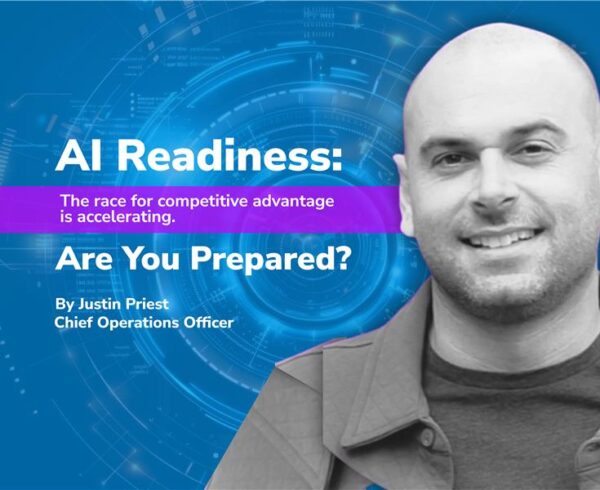In a world where software is released hundreds of times a day, most PMOs are still approving projects like it’s 2007.
We recently worked with a Fortune 500 CTO whose digital transformation was floundering. Not for lack of funding, but because their PMO had become what he called a “paper-pushing permission factory.” Every decision required a greenlight. Nothing actually shipped.
But this CTO isn’t alone. According to The PMO Squad’s recent survey, only 61% of PMO practitioners consider their offices successful, yet 70% admit they don’t even measure business value. Even more startling: research shows 50% of PMOs shut down within their first three years, a failure rate that would be unthinkable in any other business function.
WHAT HIGH-PERFORMING PMOS DO DIFFERENTLY
We’ve helped IT leaders across industries reinvent the PMO from bottleneck to high-impact service and it always comes down to three moves:
1. MEASURE IMPACT, NOT ACTIVITY.
Top PMOs focus on customer adoption, revenue impact, and deployment health — not status reports and PowerPoints. One client saw a 340% spike in user engagement just by refocusing team goals around value instead of busy work.
2. BECOME A SPEED ENABLER, NOT A GATEKEEPER.
Give delivery teams autonomy within smart parameters (budget, risk, architecture). The PMO should provide air cover, not checkpoints. One organization reduced approval gates from 12 to 3 and boosted project success rates to 89%.
3. USE “LIGHTWEIGHT RIGOR.”
Agile PMOs use tight frameworks (outcomes, risks, success criteria, learning loop) to drive visibility without slowing anything down. That’s how initiatives move from idea to deployment in weeks instead of quarters.
TALENT: THE REAL MAKE-OR-BREAK FACTOR
Tools and processes get most of the attention — but they’re not what transform a PMO. People are.
The biggest barrier to modernizing a PMO is often the very thing that was once considered its strength: traditional project managers. These professionals were built for coordination, compliance, and control, not for navigating ambiguity, driving value, and clearing a path for agile delivery teams. As work shifts from sequential hand-offs to continuous delivery, the skillsets at the helm must completely evolve.
To run a high-impact PMO today, you need hybrid business-technology talent with the following capabilities:
| Role Attribute | Why It Matters in a Modern PMO |
| Business Translation | Connects technical work to revenue, customer experience, and strategic outcomes |
| Strategic Agility | Quickly adjusts planning and resourcing as priorities shift, without slowing teams |
| Risk Navigation | Spots issues early and removes obstacles before they impact delivery |
| Operational Facilitation | Drives alignment across cross-functional teams without heavy-handed oversight |
| Data Storytelling | Makes PMO value visible using metrics executives and boards actually care about |
| Change Catalysis | Helps teams adopt new ways of working while keeping momentum high and morale strong |
These are not traits you typically find in traditional PM talent. They come from a new breed of professionals who’ve often toggled between product, technology, and business operations — not just project administration.
Forward-thinking organizations are now building PMOs with roles such as:
-
- Portfolio Strategists (translate product backlogs into financial benefit)
-
- Digital PMO Analysts (use real-time telemetry instead of static reports)
-
- Value Delivery Leads (blend product mentality with governance experience)
-
- Transformation Partners (embed within lines of business to provide coaching + runway-clearing muscle)
When these kinds of people sit inside the PMO, the PMO becomes a force multiplier rather than a cost center and shifts the perception from “process police” to “business accelerator.” Organizations that make this talent pivot consistently pull ahead of the pack, delivering two to three times faster, reaching market 50–70% sooner, achieving project success rates near 90%, and doubling engineering satisfaction and retention along the way.
THE BOTTOM LINE
PMOs built for permission and paperwork are being left behind by the pace of digital business. The future belongs to PMOs that operate as high-performance transformation engines, obsessed with outcomes, fueled by talent, and designed to accelerate value delivery.
Don’t wait until your PMO becomes irrelevant. Rebrand it, re-staff it, and relaunch it. With the right people and the right mindset, your PMO won’t just keep up with change — it will lead it.






